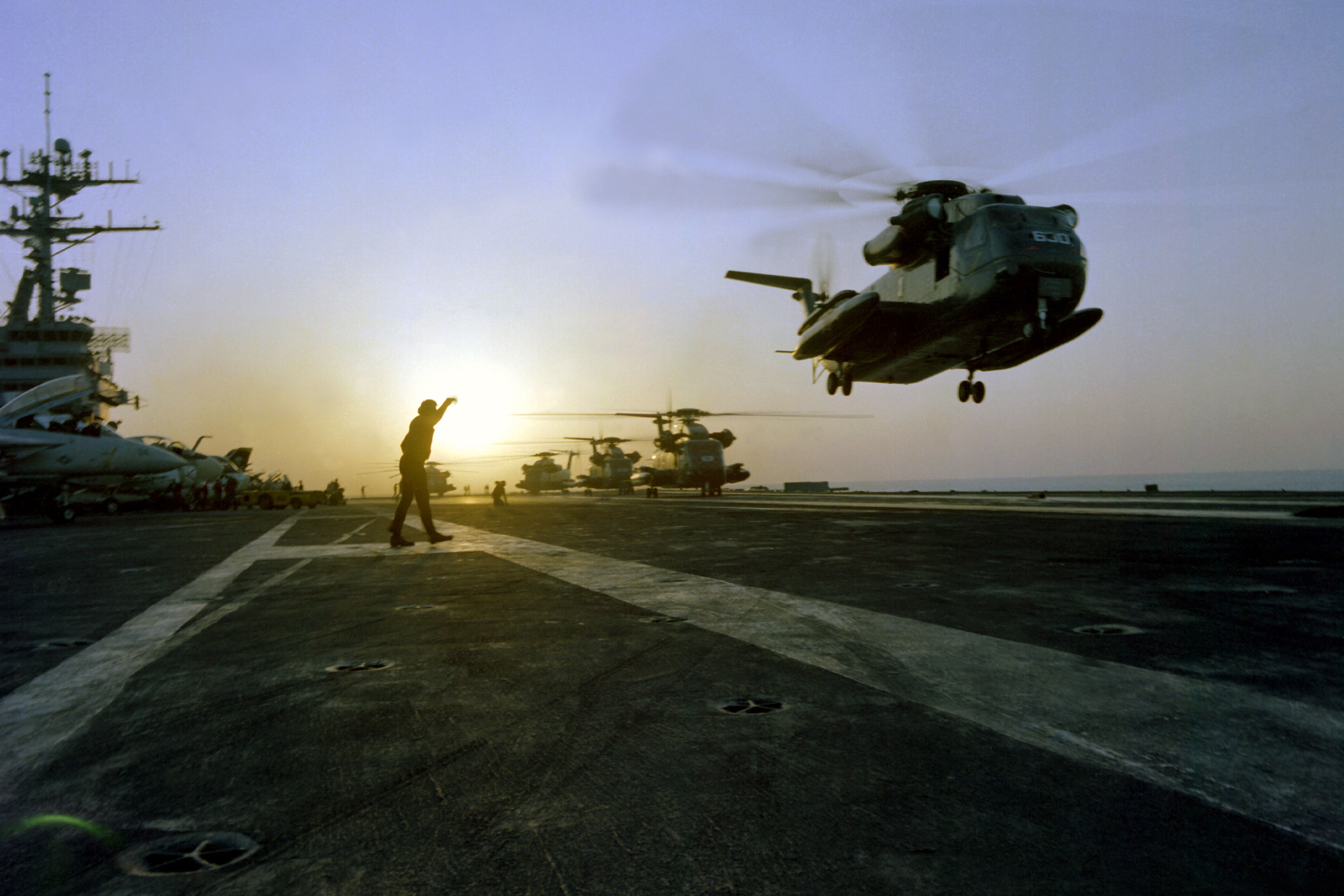
In 2012, Kathryn Bigelow showed a successful helicopter mission in “Zero Dark Thirty.”
Now, Barbara Kopple tackles the opposite in a failed mission that likely cost President Jimmy Carter reelection in the new documentary “Desert One,” which opened in select cities over the weekend and will become available everywhere on demand Sept. 4.
WTOP caught up with the two-time Oscar winner about the making of the harrowing film, which chronicles the 40th anniversary of the 1980 mission by U.S. Special Forces to rescue 52 American hostages in Iran — only for everything to go horribly wrong.
“It was sort of Murphy’s Law,” Kopple told WTOP. “They needed to have six working helicopters and they didn’t. A helicopter crashed into a C-130. … It’s a story that needed to be told. It’s a story about heroism. It’s a story about the horrors of war and also the roots of the conflict between the United States and the Iranian government.”
For the actual mission, Kopple uses animation to recreate the military maneuvers.
“We had this wonderful Iranian animator,” Kopple said. “When [the vets] looked at the film and saw it for the first time, they said, ‘This is what happened! How did you do it? How did you make it almost exactly as we remember it?’ Our team really studied the helicopters and the airplane … and what it would look like if they crashed.”
She also uses exclusive audio from confidential calls between President Carter, Vice President Walter Mondale and their generals as frustration turns to exasperation.
“That’s never been seen [or heard] before,” Kopple said. “This was a secret mission, and in this secret mission, there were no photos, there was no footage, and so this is almost as if you’re reliving it. You’re reliving history.”
Suddenly, the sound drops out to show still images of charred bodies in the rubble.
“It’s all about the horrors of war,” Kopple said. “You can’t homogenize this stuff. You have to know that when you make a decision, you take a risk and you make the choice to do something like this, that really horrific things happen.”
Not only does Kopple piece together archival photos and audio from 1980, but she also conducts new interviews with the subjects, including President Carter himself.
“It took me three months to be able to talk to him for 19 minutes and 47 seconds,” Kopple said. “Bernie Aronson, who was Mondale’s speechwriter, [and] Gerry Rafshoon, who did the campaign for Carter, put in a few good words for us. Finally, one day, I pick up my cell phone and this guy says, … ‘We’ve decided we’re going to let you come.'”
It was a tough subject for Carter to relive, having lost reelection after the doomed mission. Kopple shows how Carter was pressured by public opinion and Republican rivals to be tougher on Iran. It backfired, as Ayatollah Khomeini released the hostages one minute after President Ronald Reagan was inaugurated as a final insult to injury.
“[Carter] wanted to be diplomatic,” Kopple said. “He decided to shelter the Shah like every other president had done, which was probably not the best idea. Khomeini was really mad at him and thought he was the devil and the only way he would talk with President Carter was if he brought the Shah back. He didn’t bring the Shah back.”
Still, watching the film, you get the sense that Carter cared less about the political ramifications as his personal heartbreak knowing that eight Americans lost their lives.
“He said that he was heartbroken,” Kopple said. “He said that when he was very young, his father had died and he thought that would be the most chilling and heartbreaking thing that would ever happen to him. But when he heard about what happened here and that eight men died, he felt those same feelings coming up again.”
Most heartbreaking are interviews with the veterans, who choke up with emotion.
“Interviewing the guys was so powerful because this is something that they didn’t talk about,” Kopple said. “When they finally had the moment — the 40th anniversary — to really dig deep and let it all out, the stories were astounding. … To see how this has affected their whole lives, and not only their lives, but the lives of their families.”
Kopple has long documented American families, winning Oscars by chronicling labor disputes, first with the 1973 Kentucky coal mining strike in “Harlan County, USA” (1976), then the 1985 Minnesota meatpacking strike in “American Dream” (1981).
“[‘Harlan County, USA ‘] was quite extraordinary because I learned what life and death was all about,” Kopple said. “A miner was killed by a company foreman. … It just taught me so much about the strength of human beings and how standing up is so critically important [and] that if you stand up, others will stand up with you.”







